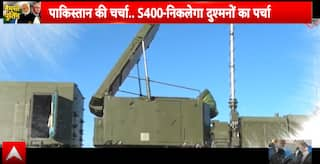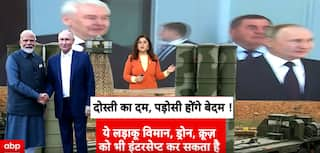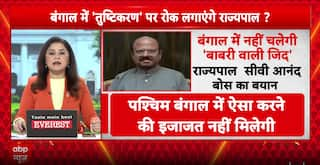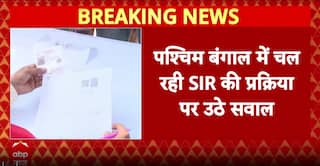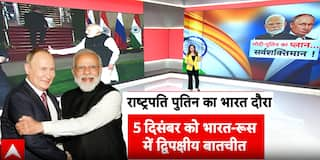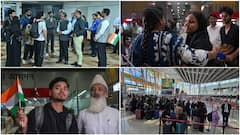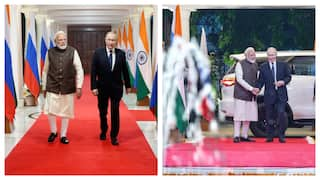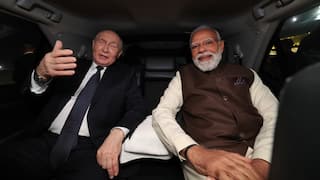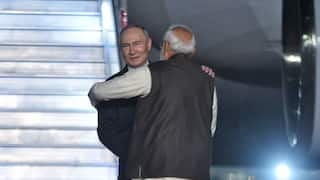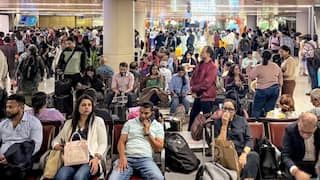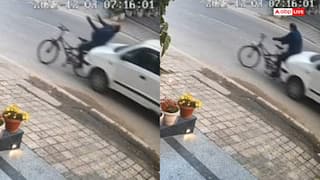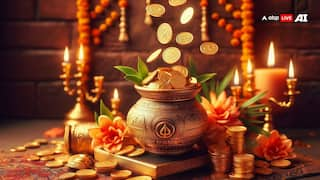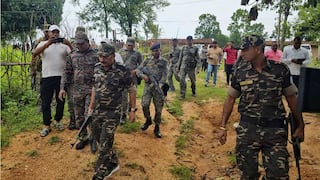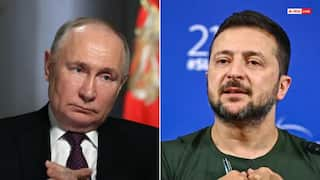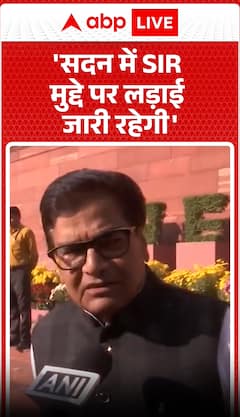Sri Lanka Economic Crisis: Govt Blocks Social Media Platforms After Imposing 36-Hr Curfew
The Sri Lankan government blocked social media platforms including Twitter, Facebook, WhatsApp, YouTube, and Instagram, after midnight on Sunday, April 3, 2022 (local time), confirmed NetBlocks.

New Delhi: The Sri Lankan government blocked social media platforms including Twitter, Facebook, WhatsApp, YouTube, and Instagram, after midnight on Sunday, April 3, 2022 (local time), confirmed NetBlocks, a watchdog organisation that monitors cybersecurity and the governance of the Internet.
The incident comes as the government declared a state of emergency, imposing a 36-hour curfew to counter widespread protests over the economic crisis, a report published by NetBlocks said. The curfew was imposed ahead of a planned anti-government rally over the worst economic crisis in the island nation.
⚠️ Confirmed: Real-time network data show Sri Lanka has imposed a nationwide social media blackout, restricting access to platforms including Twitter, Facebook, WhatsApp, YouTube, and Instagram as emergency is declared amid widespread protests.
— NetBlocks (@netblocks) April 2, 2022
📰 Report: https://t.co/XGvXEFIqom pic.twitter.com/KEpzYfGKjV
NetBlocks collected real-time data from over 100 vantage points across Sri Lanka, and learnt that the restrictions came into effect across multiple providers from midnight.
According to the report by NetBlocks, Metrics confirmed user reports of service unavailability across the country, showing that all of Sri Lanka's major network operators including Dialog, Sri Lanka Telecom, Mobitel, Hutch are covered by the measure.
Facebook, Twitter, YouTube, Instagram, TikTok, Snapchat, WhatsApp, Viber, Telegram, and Facebook Messenger are among the fully or partially impacted social media and messaging platforms.
Sri Lanka’s Minister of Youth and Sports, Namal RajapaksaI, said Sunday that he will never condone the blocking of social media. He tweeted, “I will never condone the blocking of social media. The availability of VPN, just like I am using now, makes such bans completely useless. I urge the authorities to think more progressively and reconsider this decision."
I will never condone the blocking of social media. The availability of VPN, just like I’m using now, makes such bans completely useless. I urge the authorities to think more progressively and reconsider this decision. #SocialMediaBanLK #SriLanka #lka
— Namal Rajapaksa (@RajapaksaNamal) April 3, 2022
Citing Sri Lankan newspaper Colombo Page, a report by news agency PTI said that the move is aimed at preventing masses from gathering in Colombo to protest the government's failure to provide relief to the public suffering from shortages of food, essentials, fuel and medicine amidst hours-long power cuts. This is Sri Lanka’s most painful downturn since independence from Britain in 1948.
There have been several other instances of Sri Lanka imposing nationwide social media restrictions at times of unrest.
According to the NetBlocks report, the organisation tracked a significant decline in connectivity levels on internet provider Dialog from March 29, 2022, coinciding with the onset of the protests.
ℹ️ Note: Sri Lanka is experiencing a moderate decline in internet connectivity amid state-imposed power cuts, with observable impact to provider Dialog.
— NetBlocks (@netblocks) March 31, 2022
Meanwhile, some activists report being unable to get online at protests. The situation remains under observation. pic.twitter.com/x6NHq4lEmQ
On Sunday, Sri Lanka braced for country-wide protests against the government's poor handling of the ongoing economic crisis where people currently endure long hours of power outages and scarcity of essentials.
According to the PTI report, Sri Lankan President Gotabaya Rajapaksa issued a special gazette notification late on Friday night, declaring a public emergency in Sri Lanka with immediate effect from April 1.
A 36-hour curfew was imposed with effect from 6 pm Saturday, April 2, to 6 am Monday, April 4 (local time).
Quoting the pro-government Ada Derana news channel, a report by news agency AFP said that Facebook, YouTube, Twitter, Instagram and WhatsApp were among the platforms shut down by internet service providers on the orders of defence authorities.
"On the request of the defence ministry, service providers advised to temporarily restrict social media platforms," the broadcaster said, quoting Sri Lanka's media regulator, according to the AFP report.
On Sunday, anonymous activists called for mass protests on social media before the order went into effect.
Defying the curfew on Saturday night, hundreds of people staged small protests in various Colombo neighbourhoods. However, they dispersed peacefully, police and residents said.
After severe shortages of essentials, sharp price rises and crippling power cuts, the anti-government hashtags "#GoHomeRajapaksas" and "#GotaGoHome" have been trending locally for days on Twitter and Facebook.
One social media activist was arrested on Friday for allegedly posting material that could cause public unrest, police said, according to the report.
Expressing concern over the use of emergency laws to repress democratic dissent, western ambassadors said they were closely monitoring developments.










